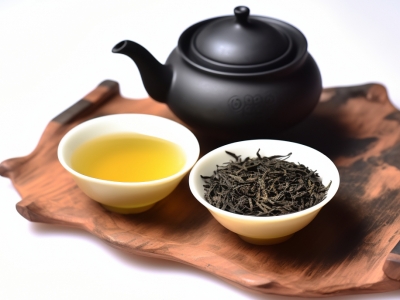What are the functions and benefits of buckwheat tea?
Generally speaking, the main functions and benefits of buckwheat tea include supplementing dietary fiber, providing vitamins, aiding digestion and reducing greasiness, relieving physical discomfort, and supplementing body fluids. A detailed analysis is as follows:
1. Supplement Dietary Fiber
Buckwheat tea contains abundant dietary fiber, which can promote intestinal motility and help maintain normal intestinal function. Drinking it in moderation regularly can promote intestinal metabolism and benefit intestinal health, making it suitable for people needing intestinal regulation.

2. Provide Vitamins
Buckwheat tea contains various vitamins, including B-complex vitamins, which are essential nutrients for normal physiological activities. Drinking it in moderation can supplement these vitamins, meet certain nutritional needs, and help maintain stable bodily functions.
3. Aid Digestion and Reduce Greasiness
Buckwheat tea has a refreshing taste with a unique cereal aroma. Drinking an appropriate amount after consuming greasy foods can relieve the greasy feeling in the mouth, reduce the digestive burden on the gastrointestinal tract, and improve post-meal abdominal distension and discomfort, making it a good choice for post-meal beverages.
4. Relieve Physical Discomfort
From a traditional perspective, buckwheat tea has a mild nature. When the weather is dry or the body experiences mild heat discomfort, drinking it in moderation can help alleviate these symptoms and provide a refreshing sensation, making it especially suitable for consumption during dry seasons or in indoor environments.
5. Supplement Body Fluids
Buckwheat tea is prepared with water, thus helping to replenish body fluids during consumption. Adequate hydration is fundamental for maintaining normal bodily functions. Drinking buckwheat tea regularly can satisfy the body's fluid needs while also providing its nutritional benefits.
When drinking buckwheat tea, it is important to control the amount consumed, as excessive intake may cause gastrointestinal discomfort. Individuals with a cold deficiency of the spleen and stomach should try small amounts initially and observe their body's reaction. It is recommended to use hot water at an appropriate temperature when brewing, to better release its nutrients and avoid affecting the drinking experience with water that is either too cold or too hot.







